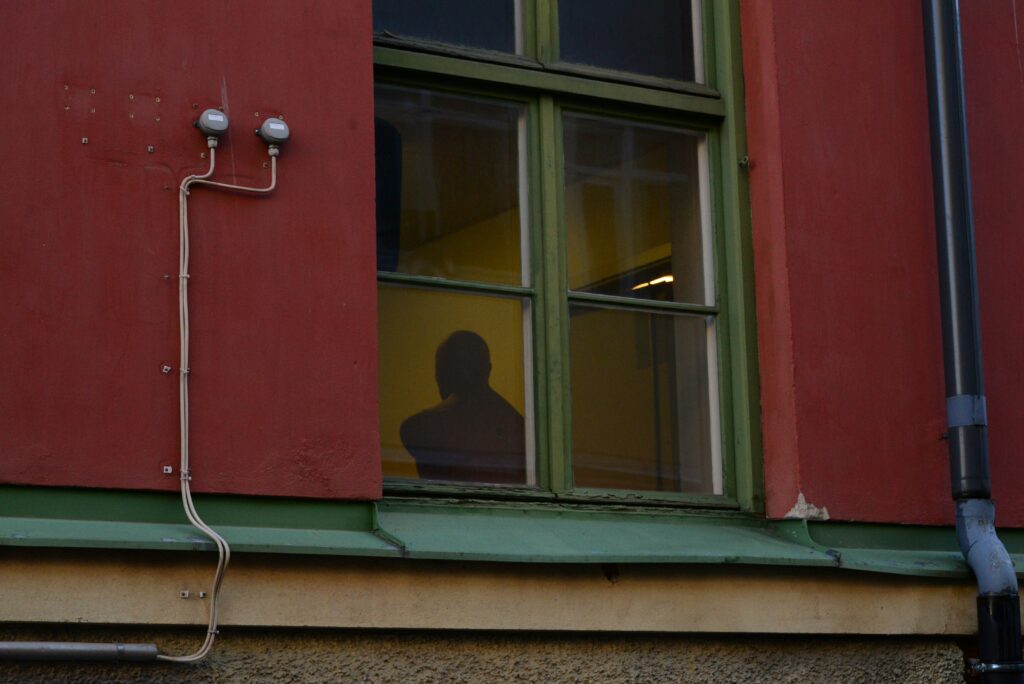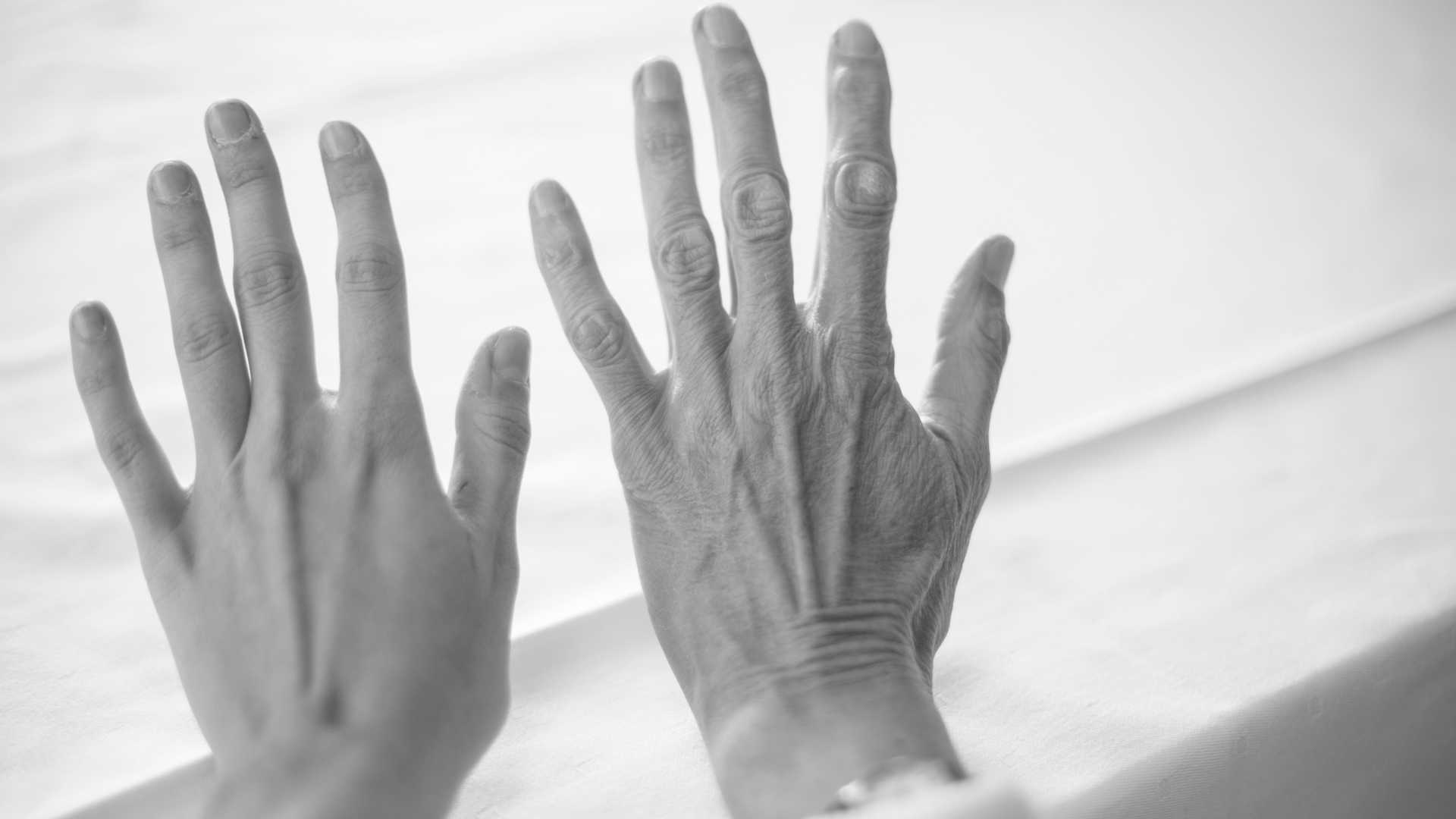
When money becomes a weapon in relationships
Economic violence is a quiet yet powerful form of control: it traps, impoverishes, prevents escape, and gradually isolates. In far too many heterosexual households, it is a central tool of domination used against women. And yet, it is still spoken about far too little.
Behind closed doors: a form of violence that leaves no bruises
We often imagine domestic violence as shouting, hitting, or insults. But it can also take the form of a confiscated wallet, an inaccessible bank account, or a “you don’t need to work, I’ll handle everything” that becomes a gilded cage.
That’s economic violence: denying someone their financial autonomy — slowly or suddenly — to stop them from acting, choosing, or leaving. It hides in everyday details: closely monitored spending, refusal to pay for childcare because “it’s not worth it” to go back to work, or a woman forced into debt for loans she never agreed to.
Patriarchy, down to the bank account
In many heterosexual relationships, men retain economic power — a legacy of centuries. That power can turn into a weapon of control. And when physical or psychological violence is also present, money becomes a way to retain the status quo: no personal bank account, no income, no options.
These forms of violence are not accidents. They are rooted in sexist social and economic structures, where women and gender minorities are still systematically underpaid, overrepresented in part-time jobs, or discouraged from working due to societal pressure to be “good mothers” above all else.
Key figures
According to an IFOP study conducted for Les Glorieuses, 41% of women in relationships report experiencing at least one form of economic violence. Of those, 23% say they are currently experiencing it. These forms include control over spending, denial of access to money, or being forbidden to work — a situation reported by one in four women.
According to the Fédération Solidarité Femmes, 26% of calls to the emergency number 3919 also mention economic violence.
Multiple forms of violence, increased vulnerability
Racialised women, migrant women, women with disabilities, and those in precarious situations are often more exposed:
- An undocumented woman cannot legally work and becomes dependent on her (sometimes abusive) partner.
- A woman with a disability may be financially dependent on relatives or an abusive partner, with no alternatives.
- A single mother may accept toxic compromises just to “keep a roof over their heads and food on the table.”
It’s the intersection of oppressions that makes these forms of violence even harder to fight.
Naming it to fight it better
Economic violence doesn’t stop at the private sphere — it’s systemic. It is enabled and reinforced by:
- Social policies that assume couples are inherently supportive, even when they’re not;
- Labour laws that penalise mothers and normalise wage inequality;
- Gender stereotypes that praise men as “providers” and guilt women for seeking independence.
Fighting economic violence means questioning an entire system — not just individual behaviours.
Paths toward action: the 2025 Feminist Days
From the 18th to the 20th September 2025, the Feminist Days festival at Amazone will put economic violence at the heart of the conversation: with lectures, board games, projections, hands-on workshops… to equip victims, raise awareness among allies, and build real solidarity.
Recognising economic violence means refusing to keep confusing “love” with what is actually control. It means demanding that every person — regardless of gender or circumstance — has the means to choose, to emancipate themselves, and to live freely and with dignity, moving toward a shared, real, and feminist autonomy!
References
- https://www.axellemag.be/cyberviolences-conjugales-la-violence-hors-de-controle
- https://vivesmedia.fr/newsletter/violences-economiques-ca-narrive-pas-quaux-autres
- https://www.centre-hubertine-auclert.fr/egalitheque/ressource-externe-au-cha/plateforme-de-sensibilisation-aux-violences-economiques
- Violences économiques | Les Glorieuses
- https://www.france24.com/fr/france/20231124-les-violences-%C3%A9conomiques-dans-le-couple-un-indicateur-de-dangerosit%C3%A9-pour-les-femmes
- https://www.ifop.com/publication/violences-economiques-faites-aux-femmes

Faustine Stricanne
Intern Amazone


